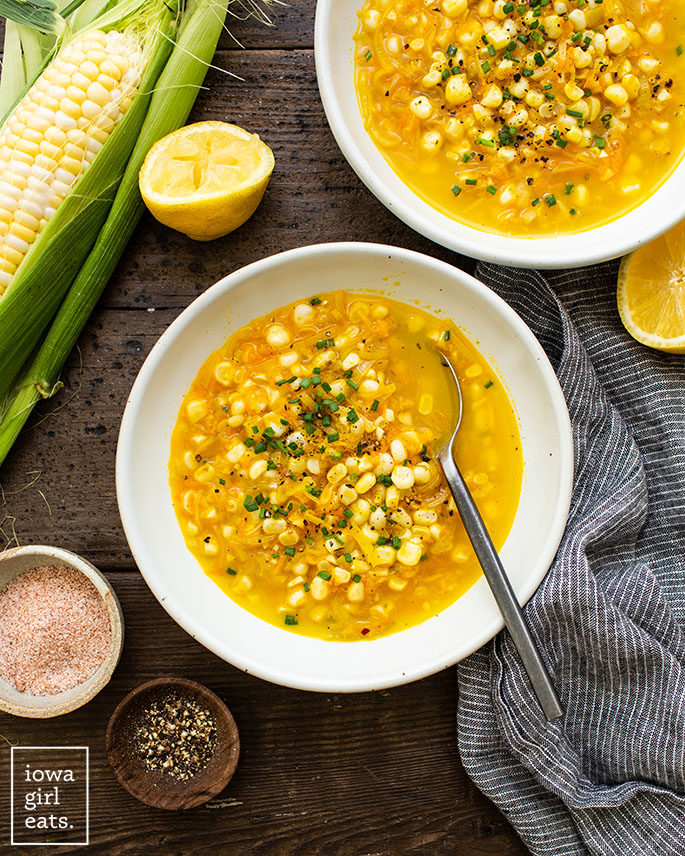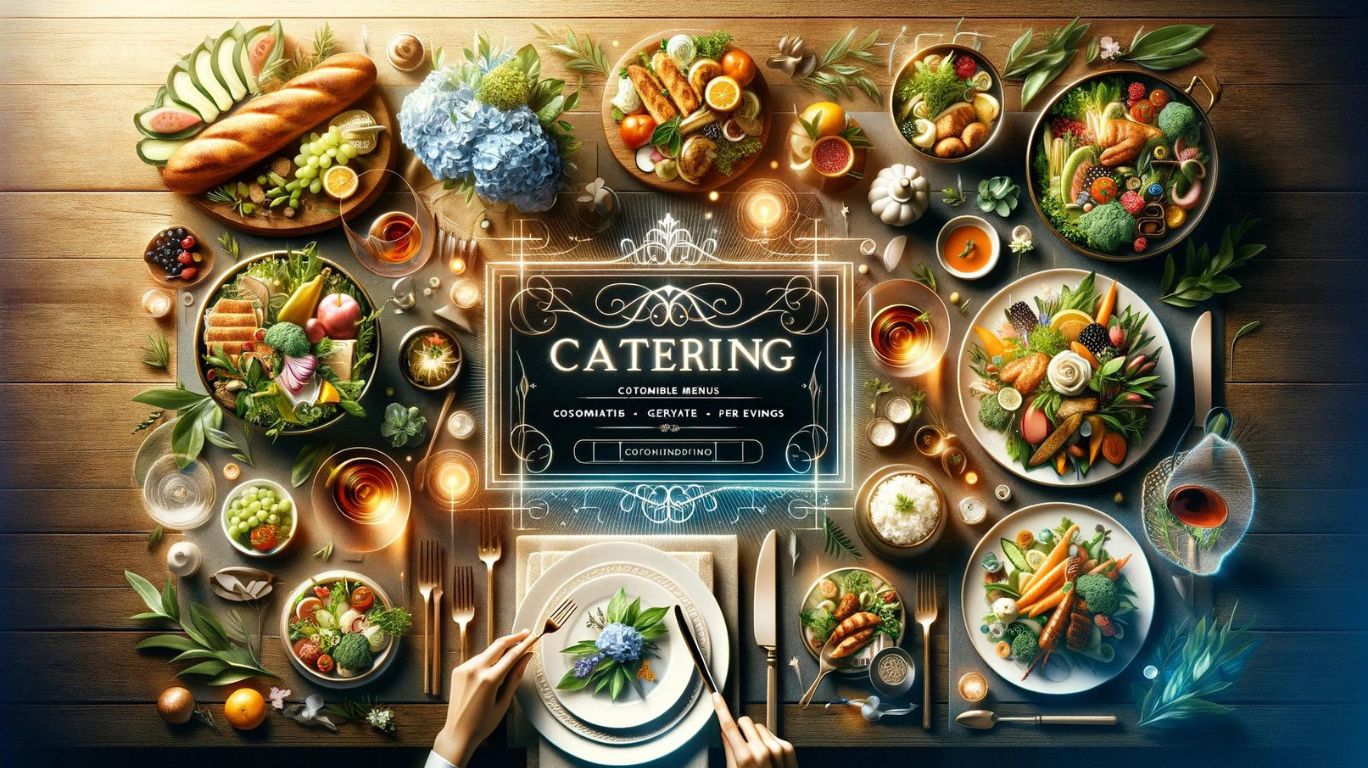How to Prevent Eating plan Culture
Each individual January provides the arrival of resolutions: “New yr, new you” is peppered into media cycles, social networks, and our brains, like tea slowly and gradually steeping. Substantially of this dialogue can be characterised as an illustration of “diet culture,” a set of customs, principles, and values—some of which contradict every single other—that equate physique form or sizing with moral price and health and fitness. Normally, this is done by advertising and marketing body weight reduction, vilifying particular foodstuff whilst exalting other people, and stigmatizing all those who really do not match its recommended impression of what “balanced” appears like.
Diet society is bolstered by the well being and wellness marketplace, which in the U.S. by yourself is an yearly small business of $707 billion. But proof that most diet programs are unsuccessful—in truth, they are the major determinants of bodyweight gain—highlights that aiming for a specific system size is an inaccurate prescription for improved health and fitness. (Research supports that monitoring BMI, a evaluate of physique body fat dependent on height and weight, is yet another defective product of determining actual physical condition.) What is extra, these external regulations normally come at the cost of disassociating from inner cues, like hunger, meals preferences, and power concentrations. And for all of the aims taken at specifying or endorsing an “optimal” route to health, the term alone is innately obscure: remarkably person and subjectively definable by setting, cash flow and lived knowledge, to name a several.
Christyna Johnson, registered dietitian and host of the podcast “Intuitive Taking in for the Tradition,” aims to steer away from food plan talk as a measure of nutrition, towards sustainable approaches to mental and actual physical wellness. As a licensed “non-diet” dietitian, a escalating course of wellness pros in the discipline of diet and dietetics, Johnson techniques from a pounds-inclusive standpoint. In her practice, she aims to assist nourish all bodies centered on individualized cues—the kinds your entire body is sending. She recognizes that positive (or neutral) interactions to food stuff and system image are pillars of long-long lasting total wellness, and “help you disentangle your partnership with food from food plan society and other systems of oppression.”
In light-weight of the new calendar year, Johnson illuminates actionable means to start constructing healthy behaviors dependent on your special contexts. Rather of rigid guidelines, she’s an advocate for self-investigation: What’s the role of effectively-becoming in your existence? Does your strategy to health and fitness boost your lifestyle or disrupt the high quality of your existence? Johnson provides insight on a number of locations to start.
Comprehend the Ideas of Intuitive Ingesting
Intuitive Feeding on is an proof-primarily based, non-diet regime paradigm grounded by 10 concepts, steering away from a preset definition of wellness toward a nuanced and actions-dependent exploration. This leaves space for myriad environments, contexts, identities, as nicely as physique designs, weights and skills. It is “a self-treatment framework the place you are creating conclusions about meals from a self-compassionate position,” Johnson describes. “You’re inquiring, What do I want? What sounds superior? What is likely to assistance me come to feel the ideal in my human body? It is respectful to the needs of your entire body at that time, and it is respectful to any chronic illnesses you could possibly be living with.”
Each and every of these rules revolves around the sometimes difficult function of building introspective consciousness: acknowledging inner cues, just before exterior rules, as the signposts of what best serves your very well-getting second to moment.
“Intuitive Eating is not a eating plan,” Johnson will take treatment to clarify. There are no rigid guidelines with no respect for starvation cues and meals tastes. And when you’re embracing Intuitive Eating to the fullest, she proceeds, “you commit a ton fewer time wondering about food items and human body graphic.”
take into consideration a pounds-neutral solution to heath
Johnson encourages you to inquire by yourself: What would your definition of health look like if you took system size out of the equation?
Wellness at Each individual Sizing (HAES) is a different evidence-based paradigm targeted on fostering healthier behaviors with fat-neutral results. It is underpinned by approaching well-currently being via well being-marketing behaviors (like making a tranquil romantic relationship with food items, finding adequate snooze, caring for one’s mental well being, or obtaining optimistic ways to move and link with your entire body) around bodyweight decline. This manifests uniquely throughout a wide spectrum of human body styles, measurements, and talents, as properly as psychological and physical problems. HAES also avoids hazardous facet effects of dieting like fat-biking, foods and human body preoccupation, body weight-stigma, and disordered having.
The practice “[allows] your human body to exist as it’s heading to exist, and to choose treatment of it at every single measurement,” says Johnson. “ It’s not just about getting respectful to other bodies, but also my individual. It’s inquiring: How can I make the places I exist in better for men and women in all bodies?”
Historically, representations of bodies in media look to suggest that particular bodies are ideal, nutritionally or aesthetically. Johnson notes the damage it triggers. “This generates an ‘other,’” she claims, stating that eating plan culture only reinforces the duality of an “ideal” and an “other.” This othering, observes Johnson, is a sort of oppression fueled by pounds and cents. “This program was invented ahead of you or I ended up ever born. If [diet culture] carries on to make folks really feel lousy about their system, they’ll go on to give [the industry] their cash.” Awareness of this course of action indicates viewing the contours of diet regime culture exactly where they ended up the moment invisible.

Acquiring My Way Back again to Food in the Experience of an Eating Disorder

I’m a Food items Writer—With Some Foodstuff Concerns
Ground Your New Year with Reflections Right before Resolutions
It is widespread for new year’s resolutions to aim on altering one’s look. Johnson invitations one more option: Start out the new yr with reflection ahead of resolution.
“I usually go again to how my entire body carried me by means of this calendar year,” she claims. “Through periods of happiness and pleasure, or moments of pressure, confusion, worry. How can I exhibit up for my human body the way that it is? Because this current body has previously served me so nicely, and has done so significantly to take care of me.”
Curate Your Social Media
Consider time to notice how social media impacts your expertise of factors like entire body picture, self-really worth, or the expectations you set for foods and feeding on behavior. “Unfollow people who make you sense negative about your entire body, who you assess your system to, or who make you really feel like you would be a far better man or woman if you adjusted your physique,” Johnson indicates. “Replace detoxes, cleanses, and other varieties of diet tradition with folks who fill you up who assist you see your entire body in an honoring and respectful light, who supply you with body-diversity. The cool matter about brains is when we see items in excess of and over, we habituate to them. If we see body variety more than time, it gets normal.”
Set Relaxation on Your To-Do Listing
“Rest” does not just suggest snooze, Johnson clarifies, but pausing in any way that assists you recharge, like experiencing your most loved latte, placing aside time to simply call a mate, or getting a hot shower. “Schedule rest the similar way you would routine nearly anything else,” Johnson advises. “You timetable a doctor’s appointment and show up for those agenda your relaxation and present up for it.” Irrespective of whether you feel you’ve “earned” the relaxation really should not issue at all.
Join To Your System Thoughtfully
In its place of starting up a eating plan or “lifestyle strategy,” Johnson suggests accomplishing anything variety for your self, like scheduling a therapeutic massage (or buying a foam roller to get the job done out the kinks at home). Lease a kayak for the afternoon if you appreciate getting on the drinking water, or go for a very long walk in the sun. “Anything that will make you sense additional connected to your system in a optimistic way.”
And At last: Remind By yourself of the Satisfaction of Food
Foodstuff retains monumental potential for pleasure, relationship, and like it’s as nuanced and variable as the cooks that make it style great. The way we talk about food stuff performs a considerable position in fueling these optimistic connections to cooking and consuming. It can also do the reverse.
Eliminating morally coded language all around dishes, for one, makes it possible for a return to the enjoyment and satisfaction that food items can supply, which go hand-in-hand with our activities of nourishment. Potentially a food stokes an appetite for the reason that it was the centerpiece of a childhood memory. Maybe it lights up your palate with a tangle of spices, or soothes you with some thing heat in periods of chaos or worry. Meals shouldn’t be gratifying mainly because it’s “low-calorie” or “keto-accepted,” but due to the fact it is a touchpoint to an interesting compendium of flavors, textures and factors of connection.
It is well worth noting that food items principles and food plan talk do not generally stem from a drive for body weight decline or “perfect” health. “For 90 % of my consumers, there is this attempt to press thoughts down,” claims Johnson. “And manipulating foodstuff does a bang-up occupation carrying out that in the quick time period.” It’s helpful in the instant, she continues, in that it serves the intent of mitigating uncomfortable emotions—but this coping system can turn into dangerous in the prolonged run. “That emotion will usually come again when not settled, and you have to keep applying that software to retain the emotion absent,” notes Johnson. “You’re not asking why you’re emotion this way.”
Like relationships, a different subject matter usually created about with an tremendous breadth of interpretations and definitions, “health”—and your private definition of the term—is value performing on. Johnson gives hers: “Health is prioritizing time for relaxation and time for recharging. It’s intentional time with individuals who are existence-providing to me, so I can carry on to mature and evolve to be my ideal self, for me and for the folks I care about.”
What is your exceptional definition of wellness? Allow us know in the comments—and make sure you be kind to fellow group users.







